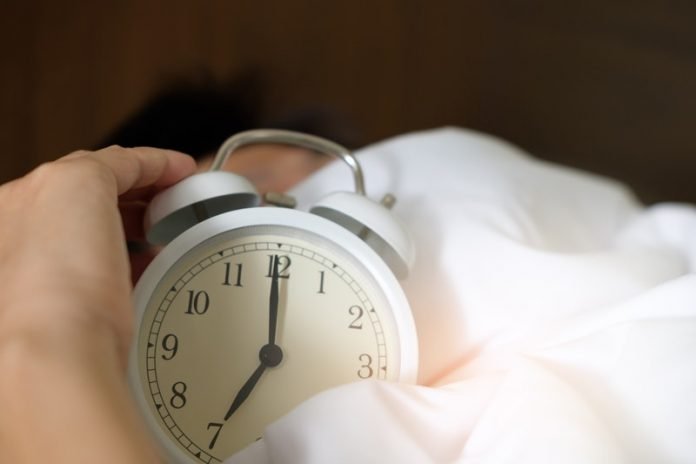
It is known that stress can influence your health.
Research has shown that stress not only harms your well-being but also can disturb your sleep.
Dr. Annise Wilson, a Baylor College of Medicine sleep expert, provides information about how stress can interfere with your sleep and how to sleep more when you are busy.
According to her, stress can affect sleep in different ways, including causing insomnia.
For adults, stress mainly from responsibilities such as work, family and finances. For teens, stress often comes from exams and other important assignments.
Thoughts about these things can cause numerous disruptions in sleep patterns. For example, they can prolong the time it takes to fall asleep and fragment sleep at night.
Poor sleep can trigger the body’s stress response system and increase stress hormones, which further disrupts sleep.
Chronic poor sleep can lead to many health problems, including memory and learning issues, type 2 diabetes and high blood pressure.
For older people, it may harm brain health and increase the risk of dementia.
To protect your sleep from stress, it is important to modify your nighttime behaviors.
People can also sue stimulus control therapy and improving sleep hygiene to enhance sleep.
One technique the researcher recommends is jotting down thoughts before bed. In addition, meditation and breathing exercises may help.
She also advises relaxing activities such as warm baths and yoga before bed may help people fall asleep faster.
People should avoid drinking caffeine late in the evening and avoid excessive light exposure in the bedroom.
This includes avoiding the blue light emitted from smartphones, tablets and other electronics. The blue light has a particular wavelength that can affect melatonin secretion.
The researcher also suggests busy people use delivery services and strategic planning to find more time for their sleep.
It is important to have a consistent sleep schedule throughout the week by sleeping the same hours on weekdays and weekends.
If people suffer from insomnia, it is important to talk to their doctors to see if the sleep problem is caused by other issues like sleep apnea or mood disorders.
Copyright © 2019 Knowridge Science Report. All rights reserved.



